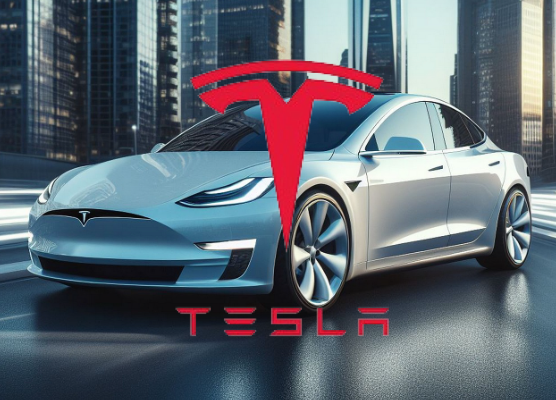$TSLA
#ElonMusk #TeslaStock #DelawareCourt #TeslaNews #CorporateGovernance #PayPackage #StockRatings #FinancialAnalysis #TSLABulls #MarketImpacts #LegalBattle #StockMarket
The controversy surrounding Elon Musk’s $56 billion Tesla pay package from 2018 has resurfaced as a Delaware judge has once again rejected the compensation plan. At the heart of this legal dispute is the argument over whether the massive pay deal, structured in tranches tied to Tesla’s market cap milestones, was justified given Musk’s influence on the company’s growth trajectory. Critics claim the package was excessive and lacked appropriate shareholder oversight, while Musk and Tesla supporters argue his leadership has been instrumental in the company’s transformation into a global EV leader. This rejection likely keeps Tesla in the legal spotlight and raises questions about executive accountability and corporate governance at a time when shareholders are increasingly scrutinizing high-profile companies.
The legal wrangling over this payout has broader implications for Tesla’s stock performance. Tesla ($TSLA) has often enjoyed premium valuations due to its high-growth narrative and Musk’s charisma as the face of the company. However, disputes like these carry reputational risks that could temper investor sentiment. Recent ratings from analysts reveal a mixed stance, reflecting ongoing debates about Tesla’s ability to navigate headwinds. For example, Daiwa Capital upgraded Tesla to “Outperform” from “Neutral” earlier this year, indicating optimism, while Piper Sandler maintained its “Overweight” view. Results from these ratings highlight the tension between bullish views on Tesla’s long-term prospects and the legal and regulatory risks that persist in the backdrop.
This ongoing legal drama may also have implications for broader market sentiment, especially for high-growth stocks tied to charismatic leaders. Tesla’s case serves as a reminder of the challenges companies face when balancing visionary leadership with the need to adhere to governance standards. If Tesla were to see sustained reputational damage or negative court outcomes, it could weigh on its stock price with ripple effects for the overall electric vehicle and clean energy sectors. Additionally, increased scrutiny on equity compensation packages might force re-evaluations of similar deals across other publicly traded companies, possibly setting a new precedent for executive remuneration practices.
While legal outcomes remain uncertain, Tesla’s financial and market performance continues to hold strong. The company’s stock has rebounded in recent quarters on the back of production expansion and increased deliveries, further fueling analysts’ mixed expectations. Investors, however, may closely watch both the court proceedings and institutional stock ratings to make informed decisions. Amidst this legal battle, Tesla’s story still hinges on its ability to deliver innovation and maintain its market dominance. Nonetheless, Musk’s legal saga underscores how a “soap opera” playing out in courtrooms can sometimes overshadow a company’s business fundamentals, potentially testing the resilience of even its staunchest supporters.











Comments are closed.